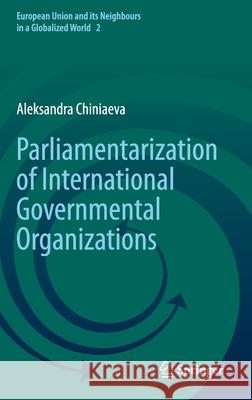Parliamentarization of International Governmental Organizations » książka
topmenu
Parliamentarization of International Governmental Organizations
ISBN-13: 9783030713409 / Angielski / Twarda / 2021 / 221 str.
Parliamentarization of International Governmental Organizations
ISBN-13: 9783030713409 / Angielski / Twarda / 2021 / 221 str.
cena 523,30
(netto: 498,38 VAT: 5%)
Najniższa cena z 30 dni: 501,19
(netto: 498,38 VAT: 5%)
Najniższa cena z 30 dni: 501,19
Termin realizacji zamówienia:
ok. 22 dni roboczych
Dostawa w 2026 r.
ok. 22 dni roboczych
Dostawa w 2026 r.
Darmowa dostawa!
Kategorie:
Kategorie BISAC:
Wydawca:
Springer
Seria wydawnicza:
Język:
Angielski
ISBN-13:
9783030713409
Rok wydania:
2021
Wydanie:
2021
Numer serii:
001083128
Ilość stron:
221
Waga:
0.50 kg
Wymiary:
23.39 x 15.6 x 1.42
Oprawa:
Twarda
Wolumenów:
01
Dodatkowe informacje:
Wydanie ilustrowane











